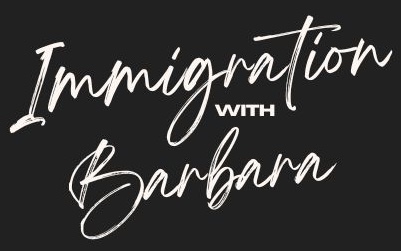frequently asked questions about Canadian Immigration
Express Entry
The Express Entry system is an online immigration application system used by the Canadian government to manage applications for skilled workers who wish to immigrate to Canada as permanent residents.
Express Entry works by allowing eligible candidates to create an online profile detailing their skills, work experience, education, language ability, and other factors. Candidates are then ranked based on the Comprehensive Ranking System (CRS), and those with high scores may receive invitations to apply for permanent residency.
The CEC is for individuals with skilled work experience in Canada. It allows them to transition to permanent residency. The minimum requirement is one year of skilled work experience inside Canada in the past three years.
You may be eligible if you meet the criteria for one of the federal economic immigration programs: the Federal Skilled Worker Program, Federal Skilled Trades Program, or Canadian Experience Class.
The CRS is a points-based system used to rank Express Entry candidates based on factors such as age, education, language proficiency, work experience, arranged employment (job offer), provincial nomination, and adaptability (including factors like spouse’s language proficiency and previous Canadian experience).
There are several Express Entry points calculators online but the best method is to calculate them manually.
This can be accomplished by viewing all the ranking criteria here.
Yes, you can apply for Express Entry without a job offer, but having a valid job offer can significantly increase your CRS score and improve your chances of receiving an invitation to apply for permanent residency.
You can improve your CRS score by obtaining higher language test scores, gaining additional education or work experience, obtaining a job offer or provincial nomination.
If your legal spouse will be accompanying you in your application for permanent residence they may also contribute to your overall score by having their post-secondary education assessed, scoring well on their language test (English or French), or accumulating at least one year of skilled work experience in Canada.
The Express Entry draw is a regular selection process where the Canadian government invites candidates with the highest CRS scores from the Express Entry pool to apply for permanent residency.
Express Entry draws are typically held every two weeks, although the frequency may vary depending on the needs of the Canadian immigration system.
No, proficiency in either English or French is a mandatory requirement for Express Entry eligibility.
Yes, you can include your spouse or common-law partner, as well as dependent children, in your Express Entry application.
Yes, you need to show proof of settlement funds to support yourself and your family members when you arrive in Canada unless you have a valid job offer or are applying through the Canadian Experience Class program.
Yes, you can apply for Express Entry from outside Canada as long as you meet all eligibility criteria.
No, there is no specific age limit for Express Entry applicants. However, age is a factor in the CRS score calculation, with points decreasing after a certain age.
The CEC is for individuals with skilled work experience in Canada. It allows them to transition to permanent residency.
BC PNP Skilled Worker
The BC PNP skilled worker program is a provincial immigration pathway enabling skilled workers to apply for permanent residency in British Columbia based on their qualifications and job opportunities within the province.
You are eligible if you possess a valid job offer from a BC employer, meet the program’s minimum requirements for education, work experience, and language proficiency, and demonstrate the intention to reside and work in British Columbia.
You can apply by creating an online account, submitting an Expression of Interest (EOI), receiving an invitation to apply, and subsequently submitting a complete application alongside supporting documents.
Processing times vary depending on factors such as the stream you’re applying under, application volume, and case complexity.
The BC PNP requires a valid job offer from a BC employer, whereas Express Entry is a federal points-based system. The BC PNP is province-specific, while Express Entry is a federal immigration system.
Yes, proficiency in English or French is required. Applicants must provide valid language test results.
The minimum proficiency required depends on the exact stream you apply under.
Review each stream to ensure you are applying under the best fit, ensure you meet all eligibility criteria, review opportunities to maximize your BC PNP score, submit a comprehensive application with accurate information, and provide strong supporting documents.
Typically, nominations are valid for six months, during which you must submit your application for permanent residency to IRCC.
Yes, you can apply if you meet all other program requirements.
Application to the program while you are outside Canada is also possible, dependent on which stream you are applying under. Being inside Canada and working with a valid work permit for your nominating employer may award you additional points thus, improving your chances of being invited to apply.
Required documents include identification, proof of valid status if you are currently in Canada, proof of education, language test results, job offer letter, and other supporting documents as specified by your stream.
A comprehensive list, along with document descriptions, is available on the BC PNP website and their Technical Guide.
Required documents may include a dually signed job offer letter, a recommendation letter, company details, a signed Employer Declaration Form, current business license, proof of incorporation or other business registration documents.
A comprehensive list, along with document descriptions, is available on the BC PNP website and their Technical Guide.
The BC PNP ELSS (Entry Level and Semi-Skilled) stream is a category within the British Columbia Provincial Nominee Program designed for workers in entry-level or semi-skilled positions in sectors such as tourism/hospitality, food processing, or long-haul trucking. This stream offers a pathway to permanent residency for individuals who may not qualify under other immigration categories due to the nature of their job or skill level.
Applicants must have a valid job offer from a BC employer and meet other program requirements to be eligible.
Proof of work experience in an ELSS role is often required in the form of paystubs proving a minimum number of work hours has been accumulated.
Students
Yes, there are programs like the Post-Graduation Work Permit Program (PGWPP) and pathways to permanent residency for international students who have studied in Canada.
You can apply for a Canadian study permit by completing the online application form, providing required documents (such as letter of acceptance, proof of funds, provincial attestation letter, etc.), paying the application fee, and attending a biometrics appointment if necessary.
More information can be found here.
You can also view all eligible Designated Learning Institutions in Canada here.
Some international students with a valid study permit are generally allowed to work part-time (up to 20 hours per week) during the academic session and full-time during scheduled breaks. Some conditions may apply and not all students are eligible. It’s important to confirm your eligibility before starting work.
If you are studying at the Masters or Doctoral level, or some specific professional degree, your spouse or common-law partner may be eligible to accompany you on a spouse open work permit and your dependent children on visitor/study permits.
Family members could also accompany you while obtaining status through their own means e.g. employer supported work permit, LMIA work permit, Working Holiday Permit, etc.
English language proficiency requirements vary depending on the institution and program. Generally, you may need to provide proof of proficiency through tests like IELTS or TOEFL.
The cost of studying in Canada varies depending on factors such as tuition fees, living expenses, location, and program of study. It’s essential to research and budget accordingly.
Yes, if you are eligible. Eligible graduates from Canadian institutions may be able to apply for a post-graduation work permit (PGWP), allowing them to gain valuable work experience in Canada after completing their studies.
Check the Designated Learning Institution list here to see if the school offers a PGWP-eligible program.
Common Questions
You can get your foreign credentials assessed by recognized organizations designated by IRCC.
Permanent residents in Canada are eligible for publicly funded healthcare coverage through provincial or territorial health insurance plans.
Costs may include application fees, language tests, credential assessments, medical exams, and settlement funds requirements.
Age requirements vary depending on the program, but generally, candidates must be at least 18 years old to apply for most immigration programs.
Applicants may include their immediate family members in their application for permanent residence in Canada. Their family may include their legal spouse and legal dependent children.
Commonly required documents include passports, birth certificates, educational credentials, language test results, proof of medical, and police clearance certificates.
Didn’t find your answer?
I’d love to hear from you!


